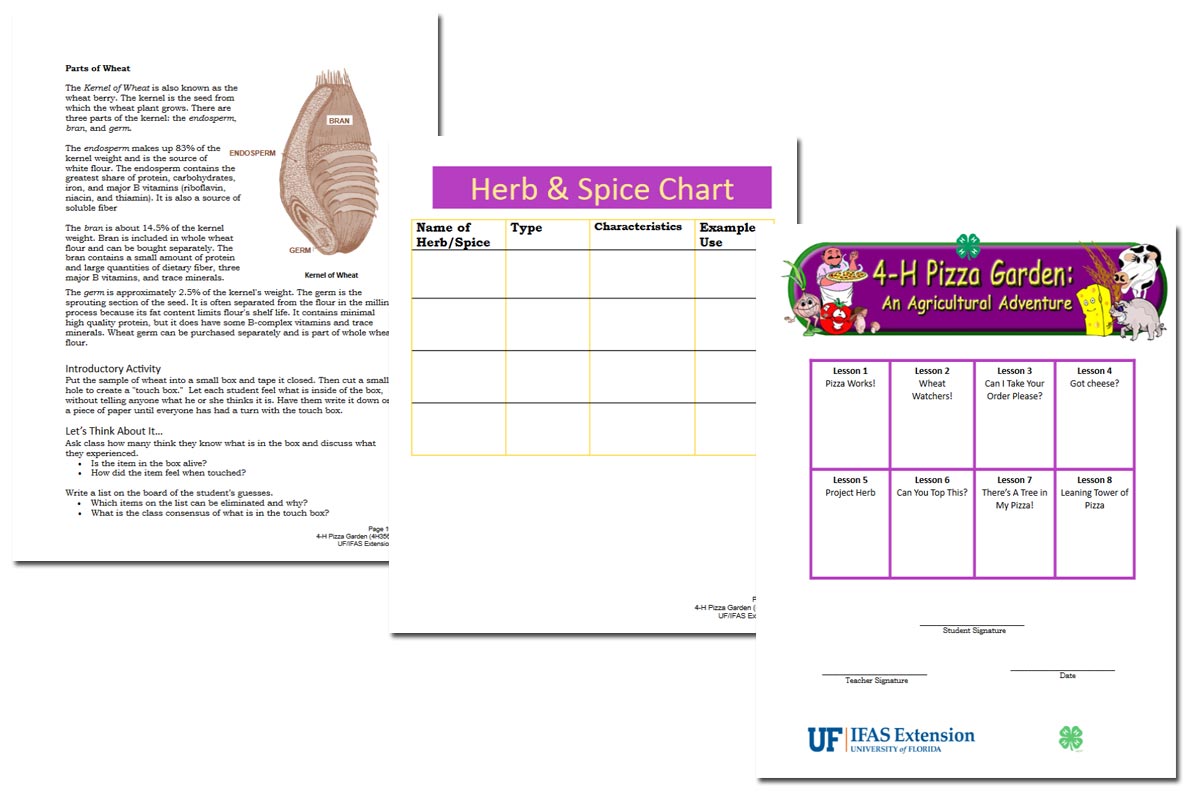
When we first start educating our children at home, we tend to tackle the most obvious need first: the books. While this is an understandable first choice, it isn’t always the best choice. Before we scour the catalogs, the social media, and the plethora of “hottest” new products for an answer to our curriculum dilemmas, it helps to have laid the foundation first.
Where Do You Want to Go?
So how do you decide what is important when educating your children?
First, realize that needs are different for each family and for each child. Homeschoolers are not as homogeneous as some might like to portray us!
Second, ideas about education vary between institutions, families, teachers, tutors, and bureaucrats. You probably already have your own ideas about education — whether you have really given the topic much thought or not.
Finally, if encouraging children to learn was something that could be boilerplated and distributed, that silver bullet would probably be rather obvious at this point.
Here are four ideas to consider as you think about laying a strong foundation:
1. The Framework
All education seeks to impart fundamental, life-giving ideas. Where those ideas come from and how closely they track with your own beliefs is essential to establishing a foundation. Of course, the way in which you present ideas to children is a very personal and fundamental decision. As Christians, our children need to measure every idea by God’s Word. But there are two major thoughts in that sentence —
- They are familiar enough with God’s Word to be able to use it as a plumb line.
- They are taking in many ideas.
That in a nutshell has been our approach.
Some educators prefer to expose their children to all types of ideas from a young age while including Scripture studies. Others prefer to focus on laying a Biblical foundation before presenting ideas that they feel their children are not quite ready for. That doesn’t mean those ideas are not presented at all — although there are those who choose to go that route — simply that there is a timing involved based on the maturity of the child. You and your family will need to establish your own foundation from which to work — a way of disseminating ideas.
Every published product out there has its own way of presenting ideas. By understanding the big picture, some curriculum choices will quickly disappear from the scene, making your ultimate decisions much easier.
Thoughts to Ponder
- What are those ideas that are fundamental to our family?
- How will we disseminate those ideas?
- How will we teach our children to evaluate ideas?
Further Reading
Making Scripture Study a Priority
Keeping the first thing the first thing.
2. The Purpose
Next up is the general purpose of education. Some see education as a means to getting a job — a practical venture. Others view the process as educating the whole person (classical education, for example).
Naturally, to be educated our children need to know dates, facts, and figures, and hold a wide variety of skills. But hopefully those skills will be used in service — not as the end goal.
Thoughts to Ponder
- How do we define education?
- What is the larger purpose of our efforts?
- What characteristics will define the person we have educated?
- What will success look like?
Further Reading
The Goal of Education?
A brief summary of our goals and how we got there.
Out of the Heart
Why education is more than texts.
Why Education Starts With the Heart
Finding the real foundation.
Helps For New Homeschoolers: Defining Success
Ways to find “success.”
3. The Skills
What skills do you want to impart to your children? Obviously reading, writing, and arithmetic have a role. How about researching? Or, more fundamentally, learning? If our children have been properly educated they will be able to learn anything on their own. In other words, as tutors, we want to work ourselves out of a job!
One aspect of tutoring to remember is that the one who is doing the work is the one learning. To encourage our children to learn on their own we have to be able to step out of the way at times — to mentor more than teach, or to put it differently, to teach to teach.
And each child is different. Each child comes with a different personality and different strengths. So the path to education, though holding similar elements, may be different for each child.
Thoughts to Ponder
- What are different ways we can encourage our children to learn on their own?
- How do we plan to foster a love of learning?
- How will we respect the individuality of each child?
Further Reading
10 Tips for Providing a Non-Generic Education
Ideas for respecting the individuality of our children.
Bending Education to Fit the Child
Individuality wins!
4. The Time Frame
This can be a bit of a bugaboo for some. If we think in terms of schedules, we have seven or eight hours, five days a week for 36 or so weeks for twelve years to get it all done. But if we consider learning from our child’s perspective he is learning 24-7 each and every day, each and every year!
Thoughts to Ponder
- How will we take advantage of each and every moment?
- Will there be room in our schedules for exploration, individual interests, wide reading, and nature walks, for example?
- What are those important-to-us things that we want to make sure our child has time for?
Further Reading
7 Ways to Identify Real Learning
Yes, they are learning!
6 Ways to Encourage Your Children to Pursue Their Interests
Encouraging a learning lifestyle.
4 Ways to Provide Time for Productive Interests
Practically putting it to work.
Finding 10,000 Hours
Appropriating the time.
Additional Resources
Helps For New Homeschoolers: Find Your Own Way
Making the case for building a foundation.
Helps for New Homeschoolers: The Role of Curriculum
And where curriculum fits into the whole.
4 Things You Need to Know to Educate Your Children
The big picture.
Enjoy the entire series:











You must be logged in to post a comment.